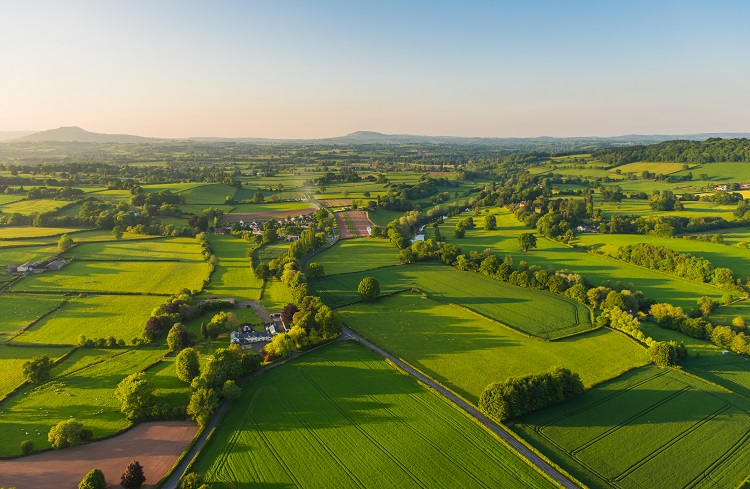
You may agree or disagree with this, but the growth of the world's population will lead to greater demand for food. This makes floodplain agriculture an essential part of food security. What are the advantages of this approach to agriculture and how serious are its disadvantages?
How can farming in floodplains benefit you?
It may surprise you, but there are some advantages to farming in a flood zone. Firstly, it helps reduce flooding on and around the farm.
A spokesperson for the U.S. Department of Agriculture said farmers can prevent flooding by planting trees or changing their crops. They could also restore riparian vegetation. Such measures could help reduce the impact of flooding on agricultural land and downstream areas.
The time of year when crops are planted can be crucial.
A spokesperson for the Nature Friendly Farming Network said planting winter crops in flood plains and areas designated for water storage would likely result in crop losses as well as significant financial penalties.

Some farmers also help support local communities when they use their land as a floodwater storage area.
Rachel Hallos (vice president of the National Farmers' Union, NFU) told FoodNavigator that many farmers provide their services at a high cost in order to help protect nearby towns and villages by storing floodwater. Flood storage is a service that should be treated as such and farmers are fairly compensated for their efforts. It is important to have agreements in place that allow farmers to plan and recover effectively. Furthermore, it is essential to agree on flood storage areas rather than assume them, so as not to impose additional pressure on agricultural activity after each flood.
Environmental groups are also in favor of this strategy.
FoodNavigator reported that Vicki Hird is the strategic agriculture manager at The Wildlife Trusts. She said floodplains were essential for water storage. They also act as buffers, reducing flooding in downstream areas.
Farmers can also benefit from fertile soils by farming in floodplains. Indeed, the formation of the floodplain in a valley is due to the flow of the river through the valley. The riverbed naturally winds through the landscape, depositing sand and silt over time, particularly during floods. These deposits provide fertile soil for agricultural production.
What are some of the disadvantages associated with floodplain agriculture
Flooding is the main disadvantage of floodplain agriculture. European farms have suffered significant damage this year following flooding. Wheat, barley and vegetable producers recorded substantial losses. Agriculture is not the only one to be affected. The loss of pastures has also had negative consequences on pastoralists.
Another disadvantage of floodplain agriculture is the destruction of habitats and biodiversity.
NFU spokesperson Rachel Hallos says the importance of floodplain agriculture cannot be underestimated. These lands are not only important for food production, but they also support ecosystems and environmental benefits.
Agriculture of the future in floodplains
As the world's population increases, it is important to help farmers adopt sustainable farming methods.
Vicki Hird, from The Wildlife Trusts, says floodplains play a crucial role in the future of agriculture. This is particularly true when it comes to climate adaptation and reducing the effects of extreme weather events on local communities. Farmers should be encouraged to better manage floodplains. Some have been so altered by drainage and construction that they are no longer functional. Current support for floodplain enhancement is either inadequate or absent from programs. »
Rachel Hallos, NFU, agrees: “We need a plan with the appropriate financial resources to prepare, adapt and recover from climate change, both in the long and short term, in order to continue to produce food and take care of our landscapes. »


